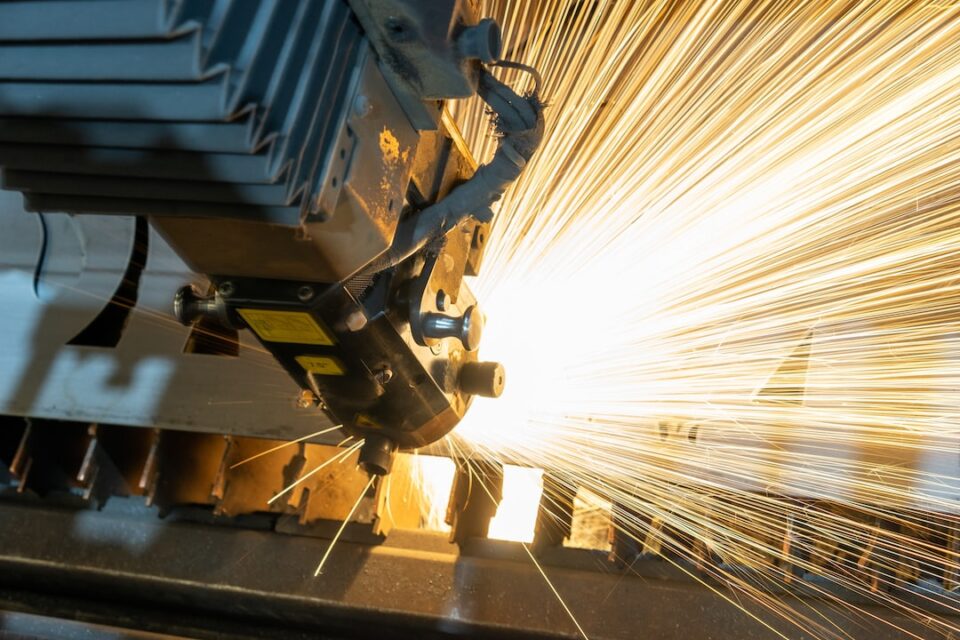Industry 4.0: Exploring the Fourth Industrial Revolution in Manufacturing
The world is rapidly changing, and technology plays a fundamental role in this process. From smartphones to virtual reality, technological advancements have revolutionized the way we live and work. One particular phenomenon that has gained traction in recent years is Industry 4.0, also known as the Fourth Industrial Revolution. This concept refers to the integration of digital technologies into manufacturing processes, enabling a new era of smart manufacturing and interconnectedness.
Industry 4.0 represents a significant leap forward from its predecessors. The First Industrial Revolution brought steam power and mechanization, while the Second introduced electrical power and mass production. The Third Industrial Revolution revolved around the rise of computers and automation. However, Industry 4.0 takes this even further by combining the physical and digital worlds.
At its core, Industry 4.0 is about connecting machines, systems, and people through the Internet of Things (IoT), cyber-physical systems, and artificial intelligence. These technologies enable real-time data collection, analysis, and communication, leading to improved efficiency and productivity in manufacturing. This connectivity allows machines to communicate with each other, making autonomous decisions and optimizing processes without human intervention.
One of the key components of Industry 4.0 is the Internet of Things, where everyday objects are embedded with sensors and connected to the internet. In the manufacturing industry, this means that machines, tools, and devices can collect and exchange data, enabling a higher degree of automation and decision-making. By harnessing this vast amount of data, manufacturers can gain valuable insights into their operations, leading to increased process efficiency and cost savings.
Another critical aspect of Industry 4.0 is the use of cyber-physical systems, which blur the line between the physical and digital worlds. These systems combine physical objects, such as machines or robots, with embedded sensors and intelligent software. By connecting these systems to the internet, manufacturers can monitor and control their production processes in real-time, ensuring optimal performance.
Artificial intelligence (AI) also plays a crucial role in the Fourth Industrial Revolution. AI algorithms can analyze massive amounts of data and make predictions or recommendations based on patterns and trends. This allows manufacturers to optimize their production processes, improve product quality, and reduce errors. AI can also enable predictive maintenance, where machines are monitored continuously, and potential issues are identified before they cause a breakdown.
Industry 4.0 has the potential to revolutionize the manufacturing industry in numerous ways. First and foremost, it promises increased efficiency and productivity, leading to cost savings and competitive advantages. By leveraging real-time data and advanced analytics, manufacturers can identify bottlenecks, optimize workflows, and streamline operations.
Furthermore, Industry 4.0 enables greater customization and flexibility. With interconnected machines and systems, manufacturers can adapt their production processes quickly and efficiently to meet changing customer demands. This agility allows for more personalized products and shorter lead times, enhancing customer satisfaction.
On a broader scale, Industry 4.0 is expected to drive economic growth and job creation. While some fear that automation will lead to job losses, others argue that it will create new opportunities and transform existing roles. The shift towards digitization will require a highly skilled workforce, with individuals proficient in data analysis, cybersecurity, and AI. As manufacturing becomes more technologically advanced, new job roles will emerge, further driving innovation and economic development.
In conclusion, Industry 4.0 represents the next wave of technological advancements in the manufacturing industry. By leveraging the power of IoT, cyber-physical systems, and artificial intelligence, manufacturers can achieve unprecedented levels of efficiency, productivity, and customization. While challenges and concerns may arise, it is crucial to embrace the possibilities that this Fourth Industrial Revolution offers. By embracing change and investing in the necessary skills and technologies, manufacturers can thrive in this new era of smart manufacturing.

